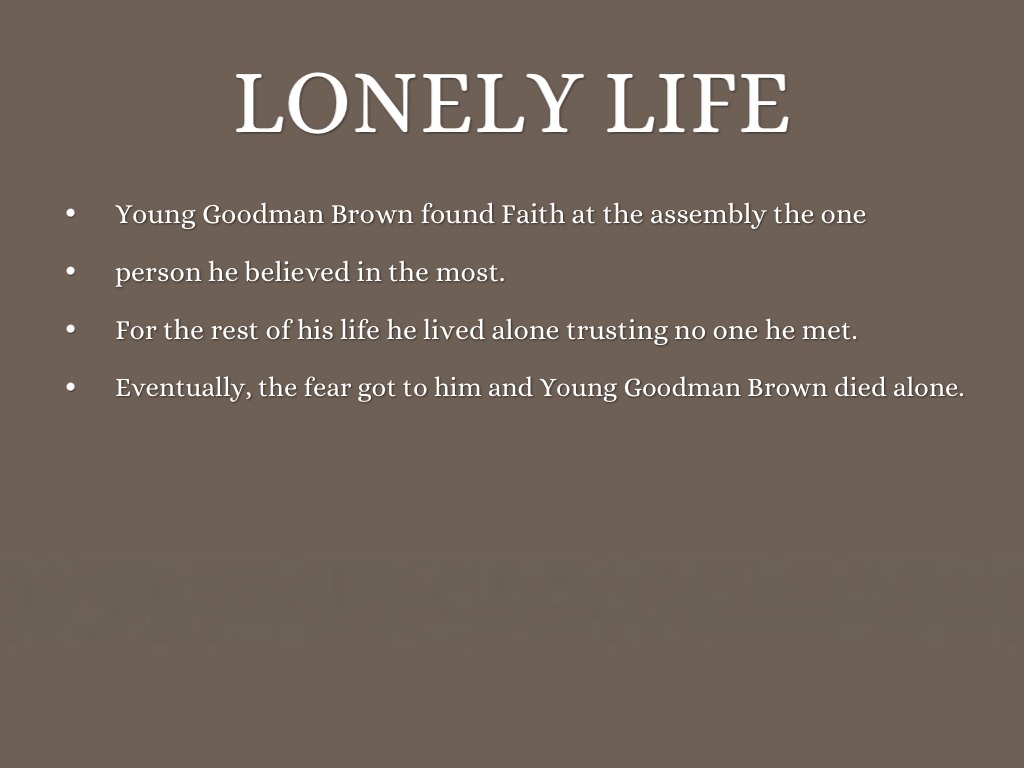Dry begging is a term that has been gaining traction in recent discussions about the evolving nature of personal finance and social interactions. It refers to the practice where individuals subtly ask for help or support without explicitly stating their needs. This phenomenon, often observed in social media contexts, raises questions about authenticity, vulnerability, and the changing dynamics of asking for assistance in a world that increasingly values independence.
In this article, we will delve deep into the concept of dry begging, exploring its definitions, implications, and the psychological factors at play. We will also examine its impact on social relationships and discuss how to navigate these complex situations effectively. By the end of this guide, you will have a comprehensive understanding of dry begging and its relevance in today's society.
Whether you are someone who has encountered dry begging or are curious about its psychological and social dimensions, this article aims to provide valuable insights. Let’s embark on this journey to explore the nuances of dry begging and its significance in our lives.
Table of Contents
- Definition of Dry Begging
- The Psychology Behind Dry Begging
- Impact on Social Relationships
- Examples of Dry Begging
- Navigating Dry Begging Situations
- Consequences of Dry Begging
- Preventing Dry Begging
- Conclusion
Definition of Dry Begging
Dry begging can be defined as the act of implying a need for help or support without directly asking for it. This can manifest in various ways, such as:
- Posting vague messages on social media.
- Sharing stories that evoke sympathy without a clear request for assistance.
- Using humor or sarcasm to hint at financial struggles.
The term is often used in a critical sense, as it can lead to misunderstandings and a lack of clarity in communication. Understanding the nuances of dry begging is essential for fostering healthy relationships and open dialogues about needs and support.
The Psychology Behind Dry Begging
Dry begging is deeply rooted in psychological factors that influence human behavior. Some of these factors include:
Social Norms
Individuals may feel uncomfortable directly asking for help due to societal norms that promote self-sufficiency. As a result, they resort to dry begging as a way to express their needs without appearing vulnerable.
Fear of Rejection
The fear of being rejected can also drive individuals to engage in dry begging. By not making a direct request, they can avoid the potential discomfort of being turned down.
Desire for Connection
On the flip side, dry begging can stem from a genuine desire for connection and support. People may share their struggles in hopes that others will offer help without them having to ask outright.
Impact on Social Relationships
The impact of dry begging on social relationships can be significant. It can lead to:
- Miscommunication: Friends and family may be unsure of how to respond to vague hints.
- Resentment: Those who feel manipulated by dry begging may harbor negative feelings.
- Support: In some cases, dry begging can lead to unexpected support and assistance from others.
Understanding the implications of dry begging is crucial for maintaining healthy and transparent relationships.
Examples of Dry Begging
Here are a few common examples of dry begging:
- A person posts on social media about their struggles with bills but doesn’t ask for help.
- Someone shares a story about a recent hardship, hinting at needing support without explicitly stating so.
- A friend frequently mentions feeling overwhelmed but doesn’t ask for assistance with specific tasks.
Navigating Dry Begging Situations
When encountering dry begging, it’s essential to navigate the situation thoughtfully. Here are some strategies:
- Ask open-ended questions to clarify the person's needs.
- Offer support if you feel comfortable doing so, without waiting for a direct request.
- Encourage open communication about needs and struggles.
Consequences of Dry Begging
Engaging in dry begging can have several consequences, including:
- Strained relationships due to miscommunication.
- Potential feelings of isolation for both the person begging and those around them.
- Difficulty in receiving the help needed due to unclear communication.
Preventing Dry Begging
To prevent dry begging, individuals can:
- Practice direct and honest communication about their needs.
- Encourage a culture of open dialogue in their social circles.
- Be aware of their feelings and express them clearly to others.
Conclusion
In conclusion, dry begging is a complex behavior that reflects deeper psychological and social dynamics. By understanding the nuances of this practice, individuals can foster healthier relationships and promote open communication about needs and support. We encourage you to reflect on your experiences with dry begging and consider how you can navigate these situations more effectively in the future.
We invite you to leave your thoughts in the comments below, share this article with others, or explore more content on our site to expand your understanding of personal finance and social interactions.
Thank you for taking the time to read this comprehensive guide on dry begging. We hope to see you back soon for more insightful articles!
You Might Also Like
Ari Kytsya: The Rising Star Of The Music IndustryRichard Medhurst Wife: An Insight Into His Personal Life
Greenley Littlejohn: A Deep Dive Into Her Life And Career
Zach Bryan Caught Cheating: What You Need To Know
Is Luke Combs A Trump Supporter? Unraveling The Truth Behind The Country Star's Political Views
Article Recommendations
- Beldots Boobs
- Lake Havasu Baby Dies
- Sophie Rain Only Fans Leaks
- Nancy Pelosi Wedding Pictures
- Jason Beghe
- Joe Namath Age
- Alex Start X New 2024 Age
- Bollyflix
- Rodene Ronquillo


